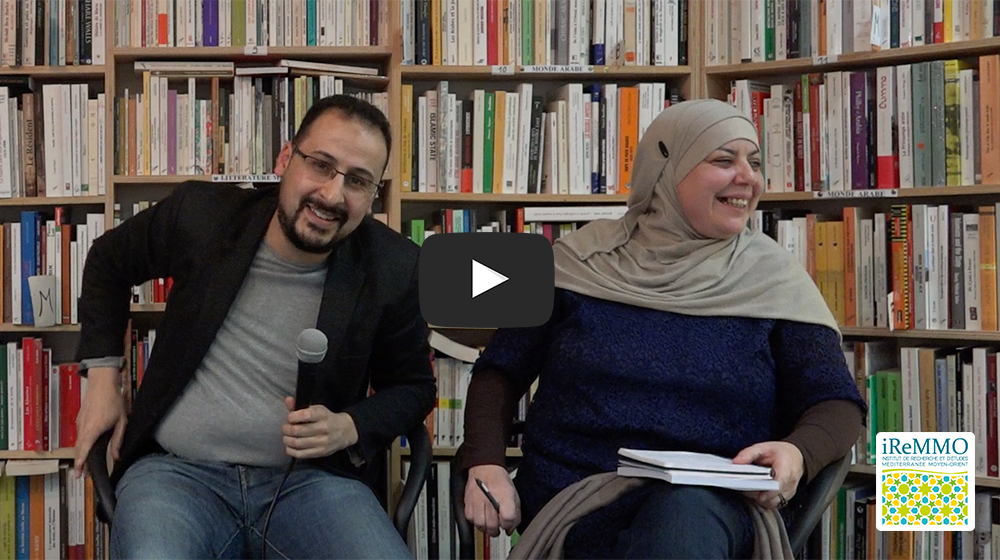Eurovision's Voting System: How Your Favorite Act Can Win

Table of Contents
The Two-Part Voting System: Professional Juries and Televoting
Eurovision's voting system is a unique blend of professional opinion and public enthusiasm, ensuring a fair and engaging competition. It's a dual system, split perfectly in half: 50% of the final score comes from professional juries, and the other 50% comes from televoting. This balance aims to incorporate both expert assessment of musical quality and the raw, unfiltered enthusiasm of the viewing public.
The Role of National Juries
Each participating country appoints a national jury consisting of five music professionals. These experts are tasked with evaluating each performance based on several criteria including: vocal performance, song composition, stage presence and overall artistic impression. They award points according to the following system:
- 1 point to their least favorite song
- 2-8 points to songs they rank accordingly
- 10 points to their second favorite
- 12 points to their favorite song
The composition of these juries is carefully managed to avoid bias and ensure transparency. However, controversies regarding jury voting have emerged in the past, prompting the European Broadcasting Union (EBU) to implement stricter regulations and greater transparency to maintain the integrity of the competition. The aim is always to create a fair and balanced system, minimizing potential conflicts of interest and ensuring that the scores accurately reflect the artistic merit of each performance.
The Power of Televoting
The public plays an equally crucial role in determining the winner through televoting. Viewers can vote for their favorite acts via telephone, SMS text messages, and dedicated Eurovision apps. The points are then tallied using the same 1-8, 10, 12 point system as the juries. Televoting results often differ drastically from jury scores, occasionally leading to surprising results and adding an element of excitement to the competition. The power of televoting highlights how national popularity, combined with broader international appeal, are both crucial to success in the Eurovision Song Contest. A song might resonate deeply with a nation but fail to garner widespread international support, and vice-versa.
Point Allocation and Calculation
Once the jury and televoting scores are tallied for each participating country, the points are collated to determine the overall winner. Each country's jury and televote results are added separately, then combined, before determining the overall ranking of each act.
Let's illustrate with a hypothetical example: Imagine Country A receives 12 points from Country B's jury and 8 points from Country C's televote. These points are accumulated from every country, representing both the professional assessment and the popular vote. The country with the highest combined score after all the votes are tallied is declared the winner.
Winning Eurovision isn't just about securing a few high scores from individual countries. A consistent spread of points from a variety of nations is crucial for overall victory. A strategy focused on securing a few high scores and ignoring the rest will likely fail. Consistent, moderate scores across various countries almost always are a marker of a strong overall performance.
Understanding the Nuances: Factors Influencing Votes
While the voting system is clear, several subtle yet powerful factors can influence the final results.
Song Quality and Performance
The intrinsic quality of the song, including its melody, lyrics, and overall musicality, is paramount. A strong vocal performance, memorable choreography and impressive stage presence are crucial elements that can sway both the juries and the public. Original songs tend to be rated higher than covers.
National Pride and Political Factors
National identity plays a significant role. Viewer support often leans towards their own country's entry, sometimes resulting in higher televoting scores than might be expected based on musical merit alone. Geopolitical factors and potential "bloc voting" (where neighboring countries vote for each other) can also impact the results.
Marketing and Promotion
A strong pre-contest campaign is essential. Effective marketing and publicity can generate excitement and anticipation, influencing both jury members' perceptions and public interest, increasing the chances of receiving higher votes.
The "Wildcard" Factor
Ultimately, Eurovision holds an element of unpredictability. Public taste is notoriously fickle and the competition showcases the unpredictable nature of popular opinion. The element of surprise always has potential to influence the outcome.
Strategies for Winning Eurovision: A Look at Successful Acts
Analyzing past winning entries reveals recurring patterns. Successful acts often combine a high-quality song, a memorable performance, and a strategic marketing campaign. For example, some artists have achieved victory with powerful ballads that showcase exceptional vocal ability, while others have opted for upbeat pop songs that are catchy and easy for audiences to connect with. Some have even employed unconventional approaches and have surprised everyone with a unique performance and unconventional song. Ultimately, a winning strategy is not easy to define and relies on a careful mix of many factors.
By studying successful strategies and recognizing the various elements that contribute to victory, hopeful Eurovision contestants can gain valuable insights into maximizing their chances of success.
Conclusion
Eurovision's voting system, a blend of professional judgment and public opinion, creates a dynamic and unpredictable contest. Understanding how the points are awarded, from the national juries to the televoting audience, is crucial to appreciating the complexities of this unique competition. By analyzing past winners and understanding the various factors influencing votes, we can better predict potential outcomes and appreciate the strategies employed by successful acts. So, delve deeper into the intricacies of Eurovision's voting system and cheer on your favorite act – maybe they’ll be the next Eurovision champion! Learn more about Eurovision's voting system and increase your chances of correctly predicting the winner!

Featured Posts
-
 Following Mbappes Arsenal Showing Real Madrids Next Transfer Move
May 19, 2025
Following Mbappes Arsenal Showing Real Madrids Next Transfer Move
May 19, 2025 -
 Region Francaise Coupe 19 Millions D Euros De Financement A L Universite Islamo Gauchiste
May 19, 2025
Region Francaise Coupe 19 Millions D Euros De Financement A L Universite Islamo Gauchiste
May 19, 2025 -
 Aileler Ve Gencler Icin Dinamik Nevresim Takimi Tasarimlari 2025
May 19, 2025
Aileler Ve Gencler Icin Dinamik Nevresim Takimi Tasarimlari 2025
May 19, 2025 -
 Gazze Balikcilari Ekonomik Kriz Ve Hayatta Kalma Muecadelesi
May 19, 2025
Gazze Balikcilari Ekonomik Kriz Ve Hayatta Kalma Muecadelesi
May 19, 2025 -
 How To Travel With Pets On Uber In Mumbai
May 19, 2025
How To Travel With Pets On Uber In Mumbai
May 19, 2025
